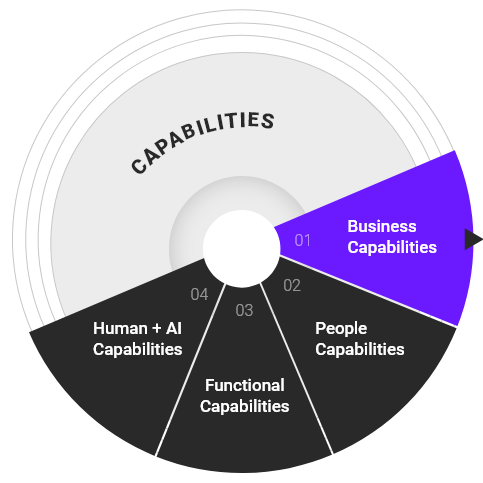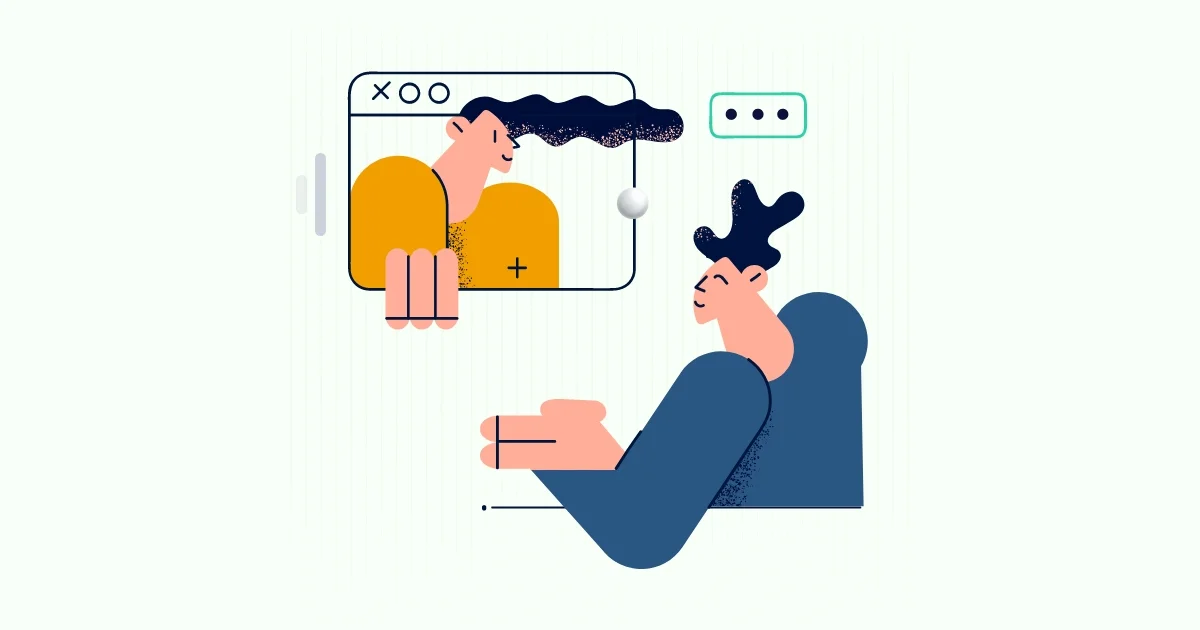- Flexible Access on Demand
- Results-Oriented & Fast-Paced
- On-Demand Knowledge & Strategic Insights
In today's rapidly evolving business landscape, traditional role-based structures are giving way to dynamic, skill-based organizations. This transformation enables companies to adapt quickly, innovate consistently, and create an environment where both human talent and AI capabilities can thrive together.
Engineer your workforce capabilities with meticulously designed skill structures that adapt and scale.

Choose the engagement model that best fits your organization's needs and transformation pace.

Transform your organization with our consulting expertise on any skills platform,
leveraging your existing technology while advancing your capabilities.
Our consulting and implementation services work seamlessly with your
chosen platform, whether it's an established system or emerging solution.
From talent marketplaces to learning platforms, we guide your transformation
journey on any platform while maintaining architectural integrity
Our experts implement skill-based transformations across all platforms,
ensuring your strategic vision becomes operational reality.
Deep expertise and established relationships with leading skill-based solutions
| Talent Marketplace | Learning Platforms | HR Systems |
|---|---|---|
 |
 |
 |
 |
 |
 |
 |
 |
 |

Are you facing the challenge of finding the right talent to augment your workforce?...

This eBook, ‘Crafting Your Reskilling Journey: A Guide to Success,’ unravels the...

When you’re training your team, you’ve got two main options: old-school Instructor-Led Training (ILT) or the newer Virtual...
Filter by region